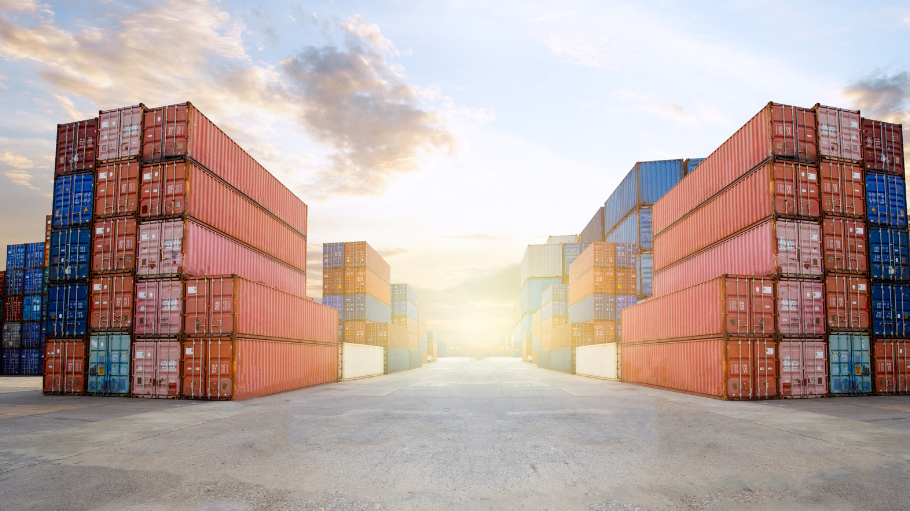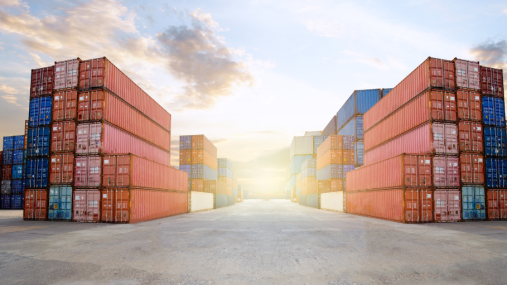
Press releases » EUROFER Welcomes the Extension of Anti-Dumping and Countervailing Duties to Imports of Stainless Steel Cold-Rolled Flat Products from Taiwan, Turkey, and Vietnam and the introduction of import requirements connected to strict monitoring of imports
EUROFER Welcomes the Extension of Anti-Dumping and Countervailing Duties to Imports of Stainless Steel Cold-Rolled Flat Products from Taiwan, Turkey, and Vietnam and the introduction of import requirements connected to strict monitoring of imports
Downloads and links
Recent updates

Brussels, 07 May 2024 – The European Commission has today published two Regulations extending the anti-dumping and countervailing measures in force on imports of stainless steel cold-rolled flat products (SSCR) originating in Indonesia to imports of SSCR from Taiwan, Turkey and Vietnam. EUROFER welcomes the extension of the duties and the introduction of import requirements connected to strict monitoring of imports.
The European Commission Implementing Regulations extend the existing anti-dumping duty rate of 19.3% to imports of SSCR from Taiwan and Vietnam and extend the existing countervailing duty rate of 20.5% to imports of SSCR from Taiwan, Turkey and Vietnam. These investigations leading up to these measures were initiated in August 2023 following two applications submitted by EUROFER.
The European Steel Association (EUROFER) recognises these extensions of the measures applied to SSCR from Indonesia as another important step towards restoring a level playing field for the European stainless industry. “The Commission’s investigation has confirmed that a significant circumvention is taking place through imports from Taiwan, Turkey and Vietnam”, said Axel Eggert, Director General of the European Steel Association (EUROFER), “The anti-circumvention measures published today are important to ensure the complete effectiveness of the original measures and to avoid that artificially cheap, dumped, and subsidised semi-products (stainless slabs and hot rolled coils) sourced from Indonesia freely enter the European market, endangering the European Stainless Steel industry.”
Given the severity of the circumvention practices identified, the European Commission is introducing novel import requirements. It will apply strict monitoring on imports from Taiwan, Turkey and Vietnam in particular to determine if they are made from steel melted and poured in Indonesia. “Robust enforcement mechanisms for monitoring and import requirements are imperative. The Commission has to be ready to promptly react and take all necessary actions to annul any risk of circumvention. For this purpose, EUROFER intends to continue collaborating closely with the Commission and the relevant authorities in the Member States” concluded Mr. Eggert.
Contact
Lucia Sali, Spokesperson and Head of Communications, +32 2 738 79 35, (l.sali@eurofer.eu)
About the European Steel Association (EUROFER)
EUROFER AISBL is located in Brussels and was founded in 1976. It represents the entirety of steel production in the European Union. EUROFER members are steel companies and national steel federations throughout the EU. The major steel companies and national steel federation of Turkey and the United Kingdom are associate members.
The European Steel Association is recorded in the EU transparency register: 93038071152-83.
About the European steel industry
The European steel industry is a world leader in innovation and environmental sustainability. It has a turnover of around €130 billion and directly employs around 306,000 highly-skilled people, producing on average 152 million tonnes of steel per year. More than 500 steel production sites across 22 EU Member States provide direct and indirect employment to millions more European citizens. Closely integrated with Europe’s manufacturing and construction industries, steel is the backbone for development, growth and employment in Europe.
Steel is the most versatile industrial material in the world. The thousands of different grades and types of steel developed by the industry make the modern world possible. Steel is 100% recyclable and therefore is a fundamental part of the circular economy. As a basic engineering material, steel is also an essential factor in the development and deployment of innovative, CO2-mitigating technologies, improving resource efficiency and fostering sustainable development in Europe.

Brussels, 26 February 2026 — Europe’s steel industry has warned that the current draft Industrial Accelerator Act could direct public support for low-carbon steel to producers outside the European Union, unless lawmakers include and tighten ‘Made in Europe’ provisions.
Brussels, 24 February 2026 - Europe’s energy-intensive industries have set out a series of proposals to ensure that the EU’s upcoming Electrification Action Plan delivers on its objectives to stimulate and boost electricity consumption in industry. In a joint position paper, industries warn that persistently high electricity prices risk undermining industrial competitiveness and decarbonisation efforts. They call for a policy framework that will enable EU industry in pursuing decarbonisation and industrial competitiveness.
Energy-intensive industries (EIIs) provide direct employment to around 2.6 million people in the EU and represent the foundations of critical and strategic value chains for the EU economy and society. The current economic and energy outlook of the European Union is making investments in electrification and the continued business operation of our sectors at serious risk, should the energy-cost challenge not be solved.